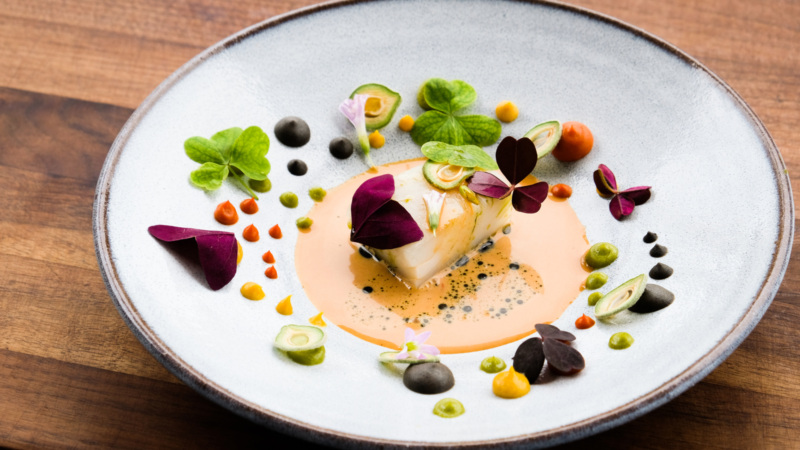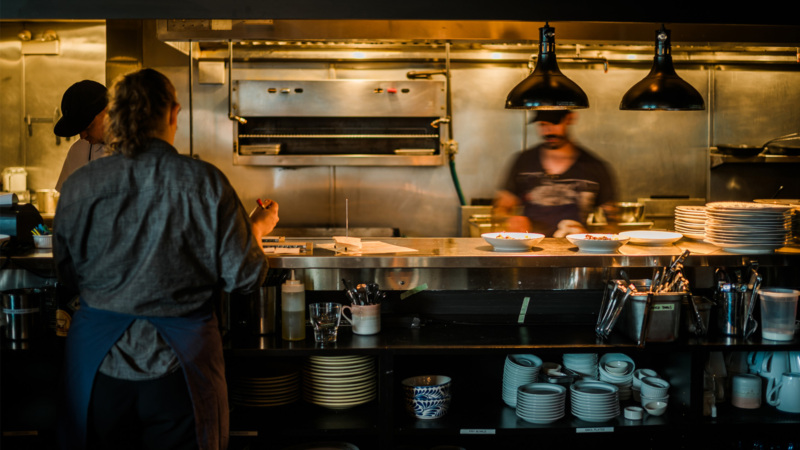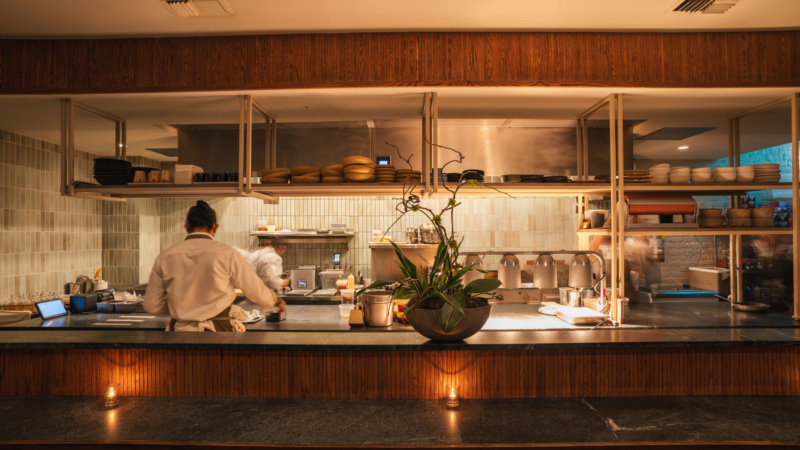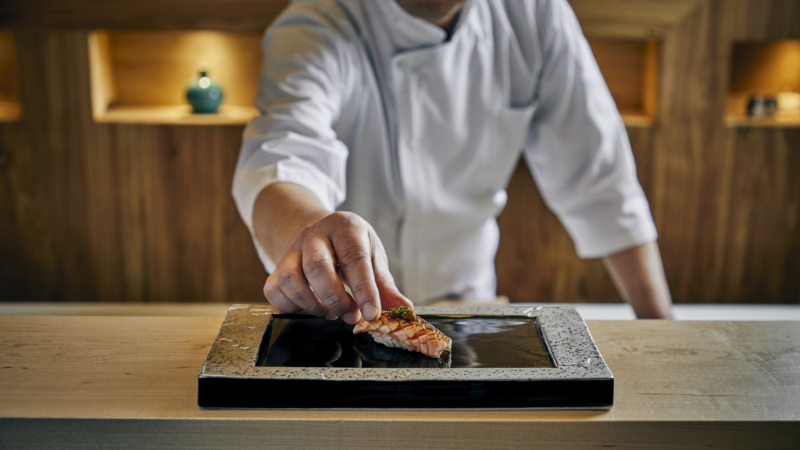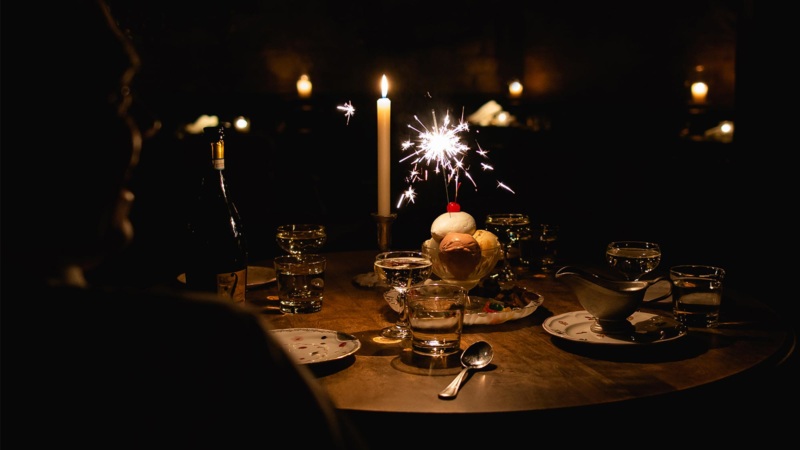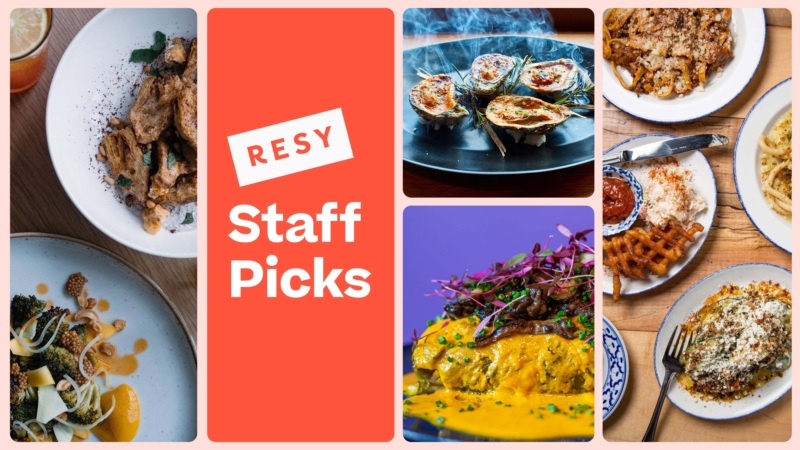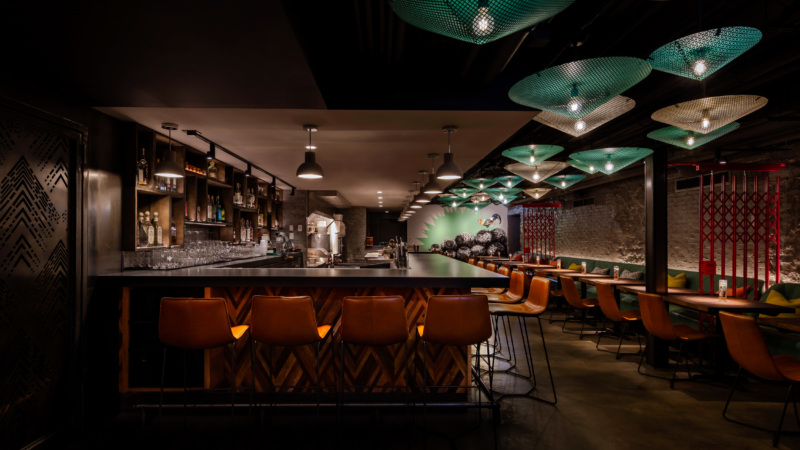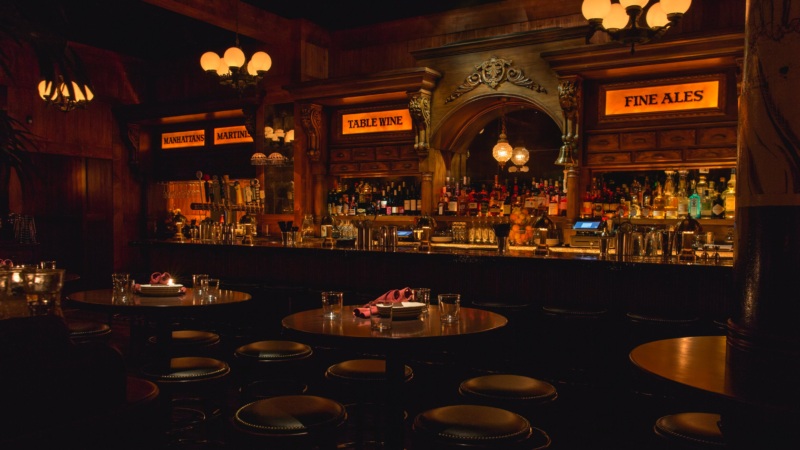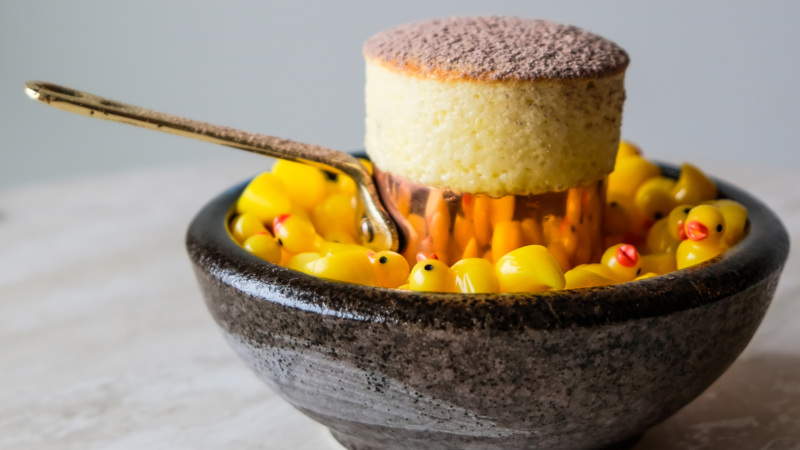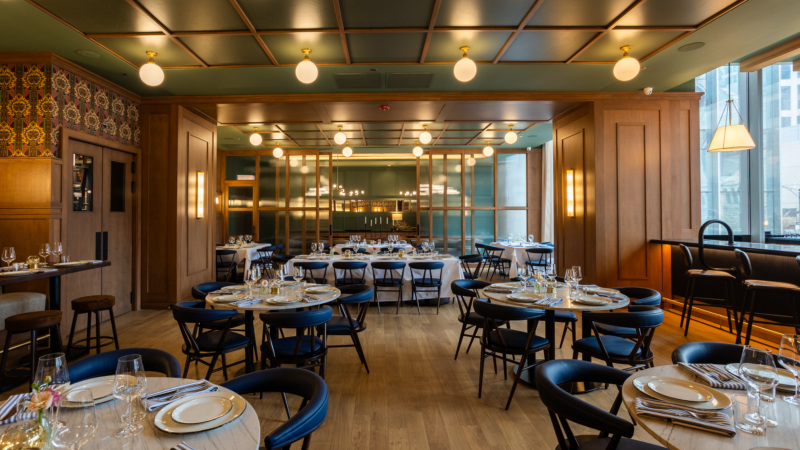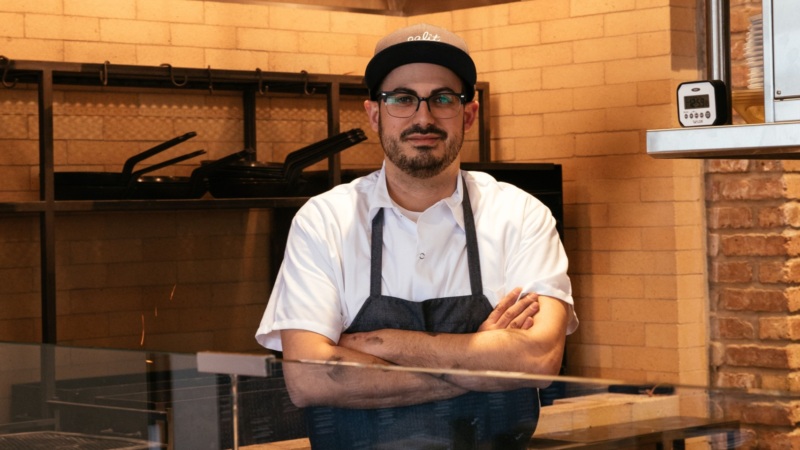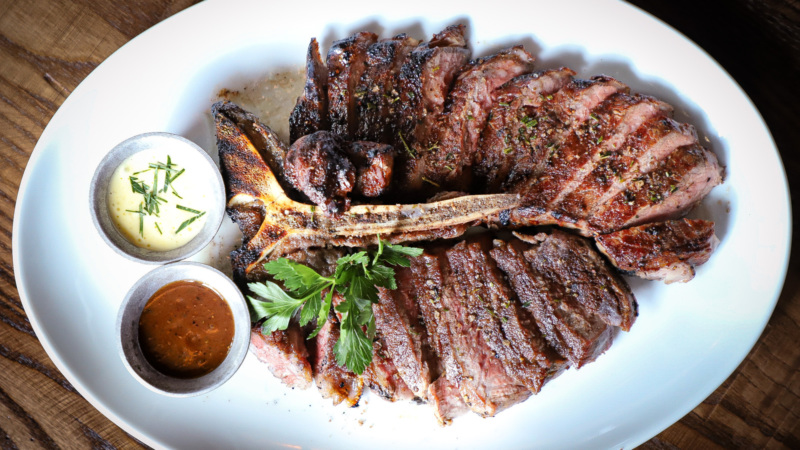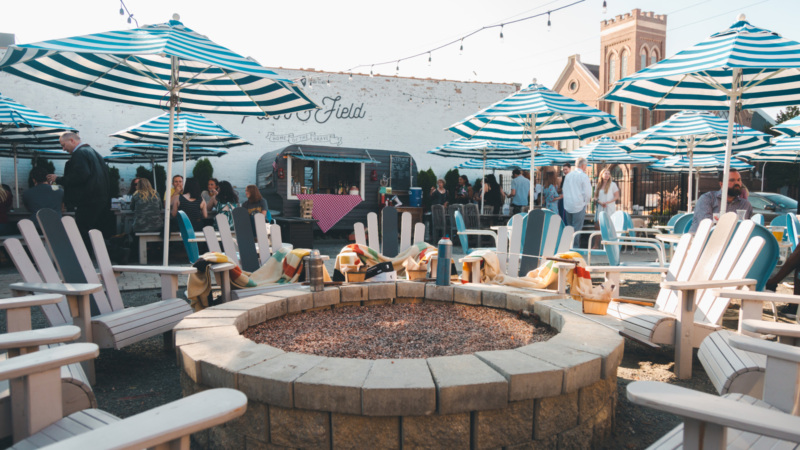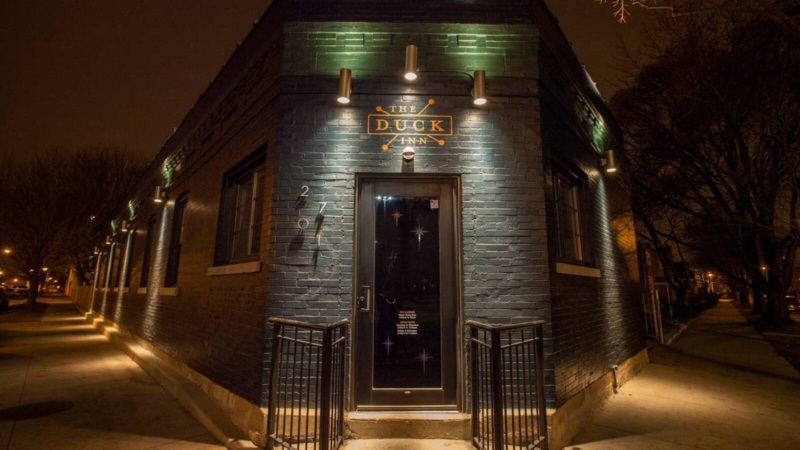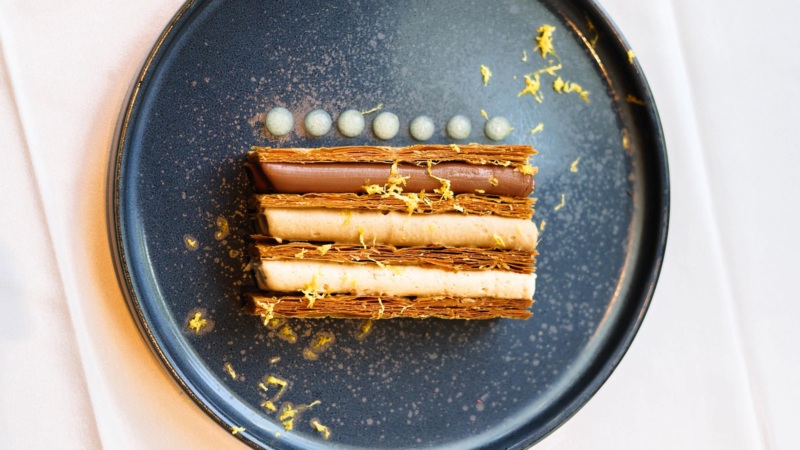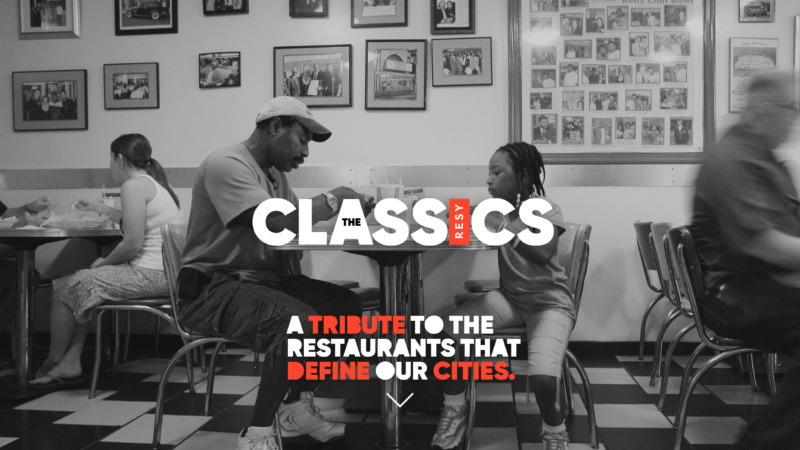
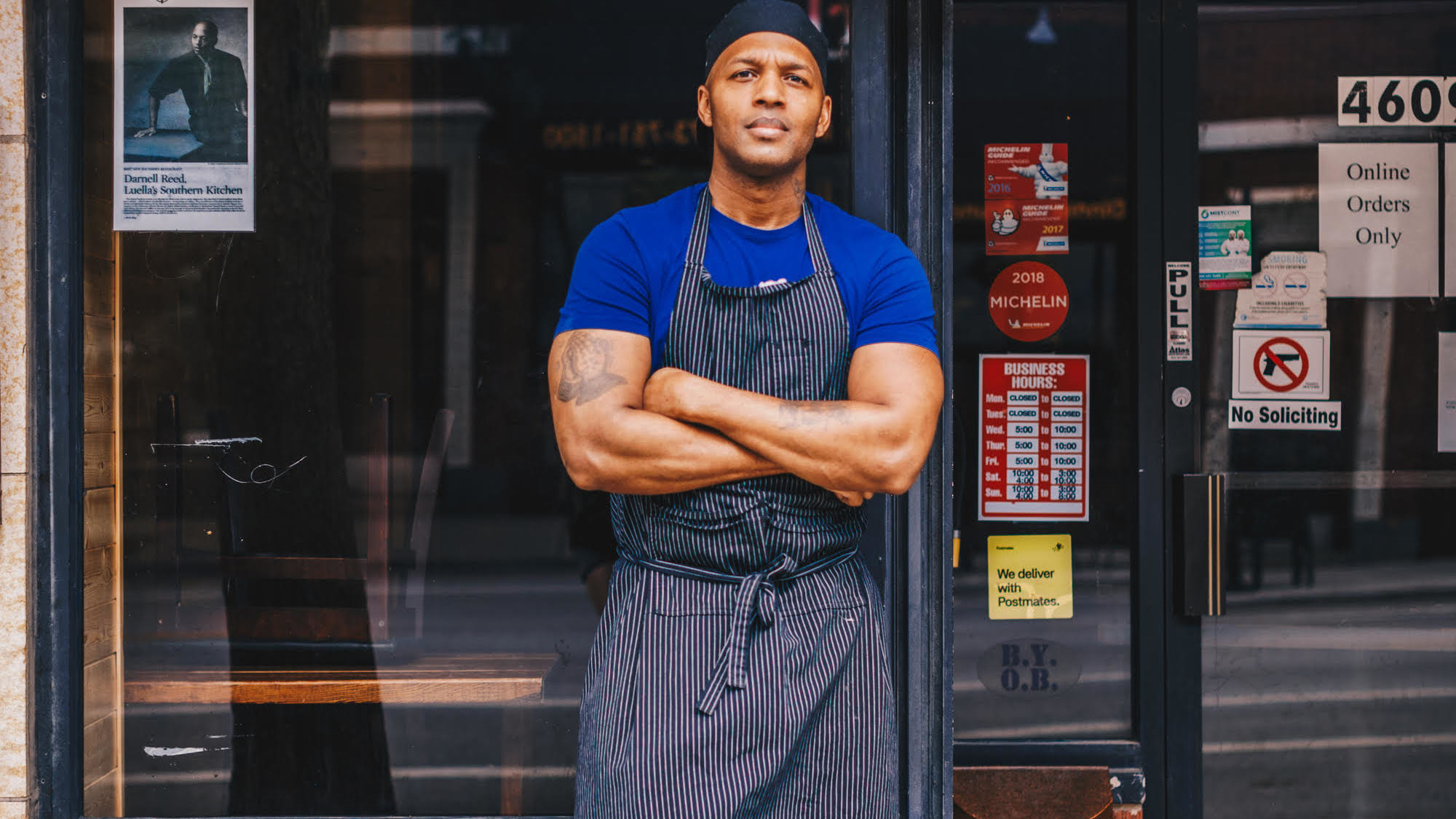
Darnell Reed Was a Talented Chef. The Pandemic Made Him a Skilled Baker, Too.
Darnell Reed has spent virtually every day of his life, since high school, working in kitchens. In 2015, Reed opened his lauded Lincoln Square restaurant, Luella’s Southern Kitchen, after nearly two decades cooking at Hilton hotels in downtown Chicago. The veteran chef has practically seen it all and done it all.
And yet the pandemic spurred by the novel coronavirus would become a chrysalis for Reed. After months of sheltering-in-place, he emerged a baker.
The artistry of pastry had always intrigued Reed, but the day-to-day of operating a restaurant left little room for such explorations — until Illinois’ shelter-in-place order took effect in March. “With COVID happening, I found more time at home to be able to learn a new skill that I always wanted to learn,” Reed says.

- Welcome to The Classics
- An Ode to Chicken Vesuvio, the Ultimate Expression of Chicago
- Eight Dishes That Tell the Story of Chicago’s Chinatown
- The Resy Guide to Outdoor Dining in Chicago
- The Resy Guide to Picnicking Like a Pro in Chicago Parks
- The Resy Guide to Chicago Chinatown, By Those Who Love It Best
Finding solace in his home kitchen, he traded stock pots of hearty savory fare, made in the tradition of his great-grandmother, Luella, for cake pans. This shift might sound familiar: Baking has been a dependable friend for many people throughout COVID and its various shutdowns. A welcome distraction, one that offers nourishment — physical, mental, even spiritual. A link to the memories and traditions that we hold dear. But of course Reed took on baking with his mastery of professional cooking, and a fervency that only a restaurateur might have.
Even so, a newfound appreciation for pastry, and the desire to learn its process, could not erase a sense of uncertainty on his part. The face of baking and pastry is primarily white and largely female. Rarely, do we see Black pastry chefs and bakers with lucrative cookbook and television deals. That lack of representation gave Reed pause. “I did at one point feel like it wasn’t for me,” noting that he didn’t see anyone like himself in any medium, including popular baking instructional videos on YouTube. “In my entire career, I only met one Black pastry chef,” he continues. “I know I even said it on a few occasions, ‘It’s just not for me,’ until I actually started to do it.”
At the same time, the act of baking can both be grounding to a cook — and simultaneously call them to new possibilities. Reed realized that pastry could be a vehicle to not only round out his experience, but to deepen it, while brightening his mood along the way. He signed up for The Butter Book, a digital baking and pastry course from Chicago’s French Pastry School — and immediately took to the program, a comprehensive online baking and pastry curriculum created by the school’s founders, pastry chefs Sébastien Canonne and Jacquy Pfeiffer. As Pfeiffer describes it, their course offers deep technical knowledge to match with students’ affinity for pastry.
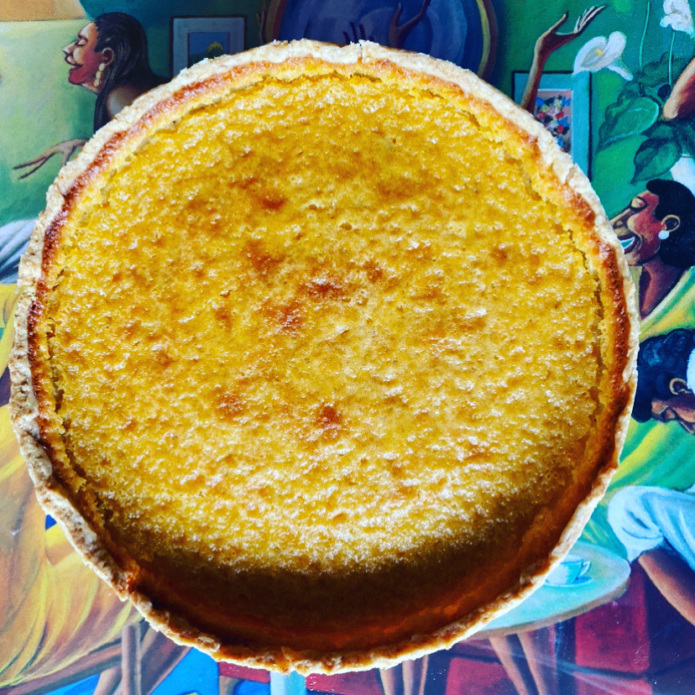
Of course pastry is the ultimate tactile skill — the sort of thing that literally requires hands-on learning, all while social distancing has made remote instruction a necessity. Reed enthusiastically embraced his digital coursework finding it to be an accessible and approachable method of learning. “To me, it’s better than the classroom because in the classroom, you might have to ask the teacher if he can repeat something. On the video, you just rewind it and watch it again.” And even with years of cooking experience under his belt, pastry was a completely new endeavor, something Reed had to learn from the ground up — starting with basics like the sweet trifecta of French, Swiss, and Italian buttercreams. “There were a lot of different things that because I wasn’t dealing with them, I just didn’t know. So I started to learn.” Without having a traditional face-to-face, student-teacher learning environment, Reed established his own study habits early on, and applied his chef’s persistence to keep at his hands-on practice. Reed found a flow to baking that cooking didn’t offer — fulfillment in following measured steps, and joy in the results.
“A lot of chefs always hear that baking and pastry — it’s not that it’s hard, it’s just that you have to be precise,” Reed says. “You have to follow the instructions and that’s what I’ve been doing.”
Testing boundaries
Yet even with advice from pastry chefs he’d worked alongside, Reed couldn’t resist testing boundaries with a chef’s occasional freestyle twist, the antithesis of rules-based pastry. In a cinnamon roll snafu, turned teachable moment, Reed learned just how crucial it is to chill dough before rolling it. Once the room-temperature dough and rolling pin met, things got sticky. “So I had a big mess on my hands.” He called up an old pastry-chef friend who got him back on track. Once the rolls were done, Reed tasted them. He was disappointed. They were too sweet. He called up his friend who advised him to wait until the next day, once the brown sugar had cooled and mellowed out.
He waited. They were delicious. “That’s the science behind it and there are certain methods where it’s like ‘Okay, this has already been tested. This is the way it’s done.’” He pauses momentarily, acknowledging the internal struggle between his cooking and pastry worlds. “But,” he adds, “it doesn’t mean I’m not going to try again.”
As his proficiency grew, Reed moved on to testing and developing recipes of his own. Members of his family would taste them, and offer their critiques. “My wheels started spinning and I was like ‘You know what? We’re going to do an online bakery of our own.’” He debuted his bake shop, Baye’s Little Bakery, in July.
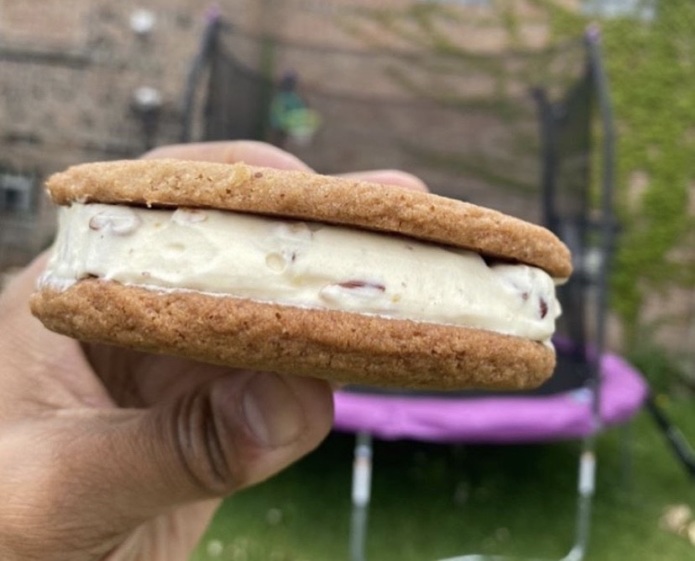
Opening a new restaurant right now is riskier than ever, so Reed was resourceful in launching Baye’s, which lives within Luella’s Southern Kitchen. (Which, in turn, is open for takeout and delivery.) Like Luella’s, Baye’s is named for Reed’s great-grandmother, whose official name was Luella but who was always Baye to friends and family. Reed says his great-grandmother didn’t bake often, and when she did it was usually sweet-potato pie like the one currently offered at Luella’s, which will also be on the menu at Baye’s.
“It’s going to have some items that we are known for, but also some items will be very different. Some that people haven’t seen us produce yet,” Reed says. A quick scan of Baye’s bakery case reveals seasonal deep-dish pies, peach and cherry fried pies, hummingbird cake, chocolate and peanut butter layer cake, a butter pecan cookie sandwich filled with brown butter cream, and a few signature desserts that Luella’s Southern Kitchen already was known for, including a blackberry caramel cobbler and that sweet-potato pie.
Now, with pastry firmly in his repertoire, Reed has become a model of how veteran chefs can evolve — and maybe even persevere in a post-coronavirus future. Baking, again, is providing hope during these times. For Reed, Baye’s Little Bakery is helping to illuminate a murky path ahead. He says he will continue studying new baking and pastry skills. Next up: Cake decorating.
“I want to be able to make your wedding cake at some point,” he says. “Even though that’s also something that I never thought I’d be doing, but I mean, why not?”
Angela Burke is a Chicago-based food writer and the creator of Black Food & Beverage. Follow her on Instagram and Twitter. Follow Resy, too.

